Ultrasounds in Medicine
22nd April 2015.
Carmelo Sgarlata, University of Pavia and Collegio A Volta.
The second seminar of the series Practical Medical Skills aimed primarily at College medical undergraduates will focus on the applications of ultrasounds in Medicine and will take place in the College Lecture Theatre at 6.00 pm on April 22nd. The poster of the series can be downloaded here.
Diagnostic Ultrasonography is A procedure used to examine the organs in the body An ultrasound transducer (probe) is pressed firmly against the skin. High-energy sound waves from the transducer bounce off tissues and create echoes. The echoes are sent to a computer, which makes a picture called a sonogram. Sonography (ultrasonography) is widely used in medicine. It is possible to perform both diagnosis and therapeutic procedures, using ultrasound to guide interventional procedures (for instance biopsies or drainage of fluid collections). Compared to other prominent methods of medical imaging, ultrasonography has several advantages. It provides images in real-time (rather than after an acquisition or processing delay), it is portable and can be brought to a sick patient's bedside, it is substantially lower in cost, and it does not use harmful ionizing radiation. Drawbacks of ultrasonography include various limits on its field of view including difficulty imaging structures behind bone and air, and its relative dependence on a skilled operator."
Carmelo Sgarlata is a resident in geriatric medicine at the University of Pavia. His work is focused on the treatment and study of diseases of the elderly with particular regard to cardiovascular and neurodegenerative disease. He has also a great interest in the use of Ultrasound in Internal Medicine. He is the author of more than 50 scientific publications on national and international journals and speaker at various conferences of national importance.
Ultrasounds in Medicine
College postgraduate medical student Carmelo Sgarlata will give the second seminar of his Practical Medical Skills series on the 22nd of April in the College lecture theatre at 6.30 pm.The poster of the series can be downloaded here.
The seminar will tackle the applications of ultrasound in Medicine and, in line with the scope of this series, it will offer both a discussion of trhe basic principles and instrumentation as well as a hands on approach. All interested students, from College and outside, are welcome to attend, especially of course all medical students of three and six year Courses.
Carmelo Sgarlata studied Medicine at Volta as an undergraduate graduating in July 2012. He remained in residence afterward as a postgraduate medical student in Diseases of the Elderly. He was secretary of the Volta Medical Society throughout the academic year 2013/14.
Image: A longitudinal wave depicting the progression of ultrasound from source (from Jacaranda Physics 1 2nd Edition © John Wiley & Sons, Inc).
Conflict and Peace in Africa
20th April 2015.
Zoe Marks, University of Edinburgh.
The seminar will take place in the College Lecture Theatre at 6.00 pm. The poster can be downloaded here.
The lecture will examine what we know – and challenge what we think we know – about the connections between conflict, violence, peace and migration in Africa. Today, in Europe, there is a growing backlash against immigration, with racism compounding the stigma and discrimination faced by African immigrants in particular. However, despite the challenges of Europe’s weakened economies and hostile immigration regimes, Africa’s international migrant population has grown more than 50% in the past decade, more than any other group. What factors are driving the continued outward migration from the continent? How do we understand the role of political violence and armed conflict in shaping human movements? Do these patterns represent labour migration, or refugee flows; voluntary choice, or force and duress? With climate change, resource scarcity, and weak states affecting daily life and survival choices for the majority of people in sub-Saharan Africa, these questions are becoming increasingly important – and increasingly difficult to answer. Using a combination of the latest data, humanitarian reports, fieldwork and interviews in West Africa, and the participant observation of being an international immigrant herself, Dr Zoe Marks will unpack our assumptions about migration within and from Africa, and provide a crash course in how conflict and violence are affecting the lives of millions across the African continent.
Zoe Marks has a BA in Government from Georgetown University, an MSc in African Studies from the University of Oxford and a DPhil from the University of Oxford with a dissertation on the Revolutionary United Front (Sierra Leone). She holds the position of Chancellor’s Fellow (Lecturer) at the School of Social and Political Science, Centre of African Studies of the University of Edinburgh, where she is Co-Director of the Global Development Academy and Director of the MSc in African Studies.
Conflict and Peace in Africa
Zoe Marks, Chancellor's Fellow at the Centre for African Studies at the University of Edinburgh will give the third lecture of The African Exodus series on Monday the 20th of April at 6.00 pm in the College lecture theatre. The lecture, entitled Conflict and Peace in Africa will address the role of conflict as major causes of the recent African exodus and the prospects for peace across the African continent
The poster of the lecture can be downloaded here. All interested people are welcome to attend.
Welcome China
The College is well aware that its website is the best way to reach other academic communities and prospective students across the world and Volta is proud of the fact that its web site is visited extensively from most countires in the world (see image). China was a notable exception to this pattern until recently with relatively few viisitors compared to other countries but this may well be about to change. In March 2015 the Volta website was accessed 22 times from China and this trend is continuing and strenghtening in April. Volta welcomes this increased interest from China and encourages prospective applications for College placements from Chinese undergraduate and graduate students.
The USA and the UK are the foreign countries that top the league in terms of access to the Volta website and are followed by Brasil, Spain, Germany and India. Visitors from Ireland spend the longest time on our site, accessing on average 18 pages per visit. 55% of Volta online visitors have Italian as the language set by their operating system, 43% have another language. Visitors with English as their default language are 23% (French 7%, German 3%, Spanish 3%).
Structural basis of H pylori adhesion
10 April 2015.
Hartmut H Niemann, University of Bielefeld.
The seminar will take place in the Unit of Immunology and General Pathology (Golgi/Spallanzani Institute) at 2.00 pm and the poster can be downloaded here.
The gastric pathogen Helicobacter pylori uses a type IV secretion system to inject the oncogenic protein CagA into epithelial cells of the human stomach. The protein CagL is an essential part of H. pylori's type IV secretion system but has no homologs in type IV secretion systems of other bacterial species. CagL was suggested to bind to integrin α5β1 on host cells through an RGD motif. Using a combination of X-ray crystallography, biophysical methods and cell biology we instead identified human integrin αvβ6 as the most likely host cell receptor for CagL. The specific binding of αvβ6 is mediated by an RGDLXXL motif that adopts a unique helical conformation in fully folded CagL.
Hartmut H Niemann is a protein crystallographer whose research focuses on bacterial virulence factors and the receptor tyrosine kinase MET. He studied biochemistry at the Universities of Regensburg and Witten/Herdecke and did his diploma thesis at the ZMBH in Heidelberg. During his PhD at the Max-Planck-Institute for Medical Research in Heidelberg he specialized in protein crystallography and solved the first structure of a dynamin GTPase. As postdoc at the Helmholtz-Centre for Infection Research (HZI) in Braunschweig he started to work on the structural biology of MET signalling and on Yersinia type III secretion. In 2007 he became assistant professor for structural biochemistry at Bielefeld University, where he was tenured in 2013.
Image source: NR Salama, University of Washington, Seattle.
H pylori Adhesion
Hartmut Niemann, a lecturer in Chemistry at the University of Bielefeld in Germany, will discuss new studies unveiling the mechanism by which H pylori adheres to the mucosa of the stomach. H pylori is a bacterium that inhabits the stomach of the majority of human beings but is also a major cause of ulcer and cancer of the stomach worldwide.
The seminar will take place in the Unit of Immunology and General Pathology (Golgi/Spallanzani Institute) on the 10th of April at 2.00 pm. The poster of the seminar can be downloaded here.
College students reading Biology, Medicine and Biotechnology are strongly encouraged to attend.
Blood Gas Analysis
25th March 2015.
Carmelo Sgarlata, University of Pavia and Collegio A Volta.
The first seminar of the series Practical Medical Skills aimed primarily at College medical undergraduates will focus on Blood Gas Analysis and will take place in the College Lecture Theatre at 6.00 pm on March 25th. The poster of the series can be downloaded here.
Arterial blood gas analysis provides useful information regarding respiratory and metabolic pathology. The partial pressure of carbon dioxide, bicarbonate concen trations, and pH values indicates the presence or absence of primary or mixed respiratory and metabolic acidoses or alkaloses. The partial pressure of oxygen will reveal abnormalities in the oxygen content of blood and the presence or absence of hypoxemia. With the appropriate technique, radial arterial puncture for arterial blood gas analysis is a skill easily mastered by medical trainees.
References
Dev SP et al. Arterial puncture for blood gas analysis. N Engl J Med 364(5):e7 (2011)
Carmelo Sgarlata is a resident in geriatric medicine at the University of Pavia. His work is focused on the treatment and study of diseases of the elderly with particular regard to cardiovascular and neurodegenerative disease. He has also a great interest in the use of Ultrasound in Internal Medicine. He is the author of more than 50 scientific publications on national and international journals and speaker at various conferences of national importance.
Blood Gas Analysis
College postgraduate medical student Carmelo Sgarlata is offering a series of four seminars on Practical Medical Skills. The poster of the seminar sertes can be downloaded here. Seminars will take place on Wednesday in the College lecture theatre at 6.30 pm.
The first seminar of the series will take place on Wednesday the 25th of March and will discuss Blood Gas Analysis. All interested students, from College and outside, are welcome to attend.
Carmelo Sgarlata studied Medicine at Volta as an undergraduate graduating in July 2012. He remained in residence afterward as a postgraduate medical student in Diseases of the Elderly. He was secretary of the Volta Medical Society throughout the academic year 2013/14.
Traineeships (Soft Skills & Social Media)
The Italian Federation of Cavalieri del Lavoro (Gruppo Lombardo) is offering 20 traineeships to students of EdISU Colleges in Pavia and a further 10 traineeships to students of non-EdISU Colleges.
The traineeships will take place at one of approximately twenty companies active in publishing, banking, marketing & communication and mechanical engineering starting from September 2015. They will last 2-3 months and will involve a salary of ….. per calendar month. The students admitted will have to attend in the first instance a set of lectures in Pavia in April/May 2015 with a focus on Social Media & Soft Skills. There is an enrolment fee for the admission set at € 200 but reduced to € 100 via a Grant offered by EdISU.
Applications must be submitted by Friday 20th of March to the office of the College Director who will forward them to Collegio Cairoli, the College that is coordinating all applications from EdISU Colleges.
The scheme is ideal for fresh College graduates who will complete their undergraduate or MSc Courses during the summer and thus would find themselves able to work with the relevant company in September-November 2015 and the College strongly encourages members of Volta in this category to consider the scheme and apply.
The poster of the initiative can be downloaded here; further details of the initiative are available here and the list of companies that have agreed to support the training scheme is available here.
More...
Web Support
The College is seeking to appoint a student member to the role of web support. The duties of the appointee will involve maintenance, backup and development of the official website and help/advice toward the development of a Volta students’ website. A general background in web design and management is required and first-hand and demonstrable experience with the Joomla! platform is essential.
Interested students should send their cv and a short synopsis of their relevant knowledge and experience to This email address is being protected from spambots. You need JavaScript enabled to view it. by the 23rd of April 2015. In exchange for the commitment requested from this student, the College will consider a partial rebate in College fees, details of which will be discussed directly with the students appointed.
Easter Accommodation
The College will be closed between the 3rd and 7th of April 2015 (inclusive) but members of College requiring accommodation during the Easter holiday will be allowed to remain in residence provided they notify the College office by Monday the 23rd of March at the latest.
The College must have an accurate and complete list of students in residence during the Easter holidays for Health & Safety reasons. Thus all students requiring accommodation over Easter need to notify College, without exception.
African migrant hometown associations: familiar faces in different places.
19th March 2015.
Benjamin Page, University College London.
The seminar will take place in the College Lecture Theatre at 6.00 pm. The poster can be downloaded here.
From Mexico to Nigeria to the Philippines diasporic hometown associations have become familiar institutions in discussions of the migration-development relationship. These voluntary clubs, which meet in the diaspora but gather their members on the basis of a shared affiliation to a home in the country of origin, are often the most accessible and familiar mechanisms that link migrants to home. This paper will address three issues drawing on case study material from Cameroon in central Africa. Firstly it will look at the history of hometown associations going back to the early part of the 20th century and internal migration in the colonial period. Secondly it will look at their role in integrating migrants in the host country. Thirdly it will look at their contribution to development in their home country. In each case it will argue that the character and work of the association is shaped partly by the context in which it operates – in other words that ‘place’ matters and diversity is the consequence. So for example the work of migrants associations in colonial and immediate postcolonial contexts is different though the form is the same. Equally their effectiveness as tools of integration varies in different host societies in relation to different flavours of racism or cosmopolitanism in different locations. Finally their effectiveness as development agents is often shaped by their African home governments in the countries where they are trying to operate. In short these institutions have to be analysed in relational terms – in relation to history, in relation to host societies and in relation to home governments. They are simultaneously expressions of migrant agency and structural constraints: African migrants make their own associations, but not in circumstances of their own choosing.
Benjamin Page is a Reader (Associate Professor) in Human Geography and African Studies at University College London. After a brief (and unsuccessful) career as an engineer he undertook a doctorate at the University of Oxford (2000), where he worked for some years before moving to UCL. Since 2005 he has been working in the field of international migration and in particular its relationship to African development. He is the author (with Claire Mercer and Martin Evans) of “Development and the African Diaspora: Place and the politics of home” published by Zed Press, which provides a detailed comparative account of the work of hometown associations in Cameroon and Tanzania. He is currently working on projects related to: diaspora house-building in countries of origin; diaspora niche economies and the second hand car trade; diaspora behaviour change and malaria prophylaxis and the impact of the diaspora on diets and dining in their home countries.
Colonialism and Decolonisation in Africa: The Past in the Present.
12th March 2015.
Paul Nugent, University of Edinburgh.
The seminar will take place in the College Lecture Theatre at 6.00 pm. The poster can be downloaded here.
To what extent does contemporary Africa still bear the legacies of the colonial period? Those who are inclined to argue in the affirmative tend to stress the importance of economic structures and the ongoing effects of policies of divide and rule. For those who are more sceptical, the colonial period was far too short to have had the consequences attributed to it. This lecture will argue that it is difficult to understand the dynamics of contemporary Africa without understanding what colonial states did, but also what they failed to do. The lecture falls into three sections. In the first, I consider the imperatives that motivated the various colonial regimes and the constraints under which they operated. In the second section, I consider the relationship between decolonization and the invention of something called 'development'. In the final section, I consider how many newly independent states attempted to redress what they regarded as the adverse legacies of colonialism - both in terms of weakly articulated economies and the lack of a sense of national unity. Many of the preferred solutions had unintended consequences of their own - some of which compounded the legacies in question. The lecture will conclude with some reflections on 'Africa rising' and the resurgence of secessionist movements.
Paul Nugent is Professor of Comparative African Studies at the University of Edinburgh. He is the author of numerous books, including Africa Since Independence: A Comparative History. He has worked in Ghana, Togo, Senegal, Gambia, Uganda, Kenya and South Africa. He is currently completing a book on the history of the South African wine industry, and another on borders and state-making in West Africa. He is the chair of the African Borderlands Research Network (ABORNE) and the president of AEGIS, the European African Studies association. He is also the co-editor of the Journal of Modern African Studies.
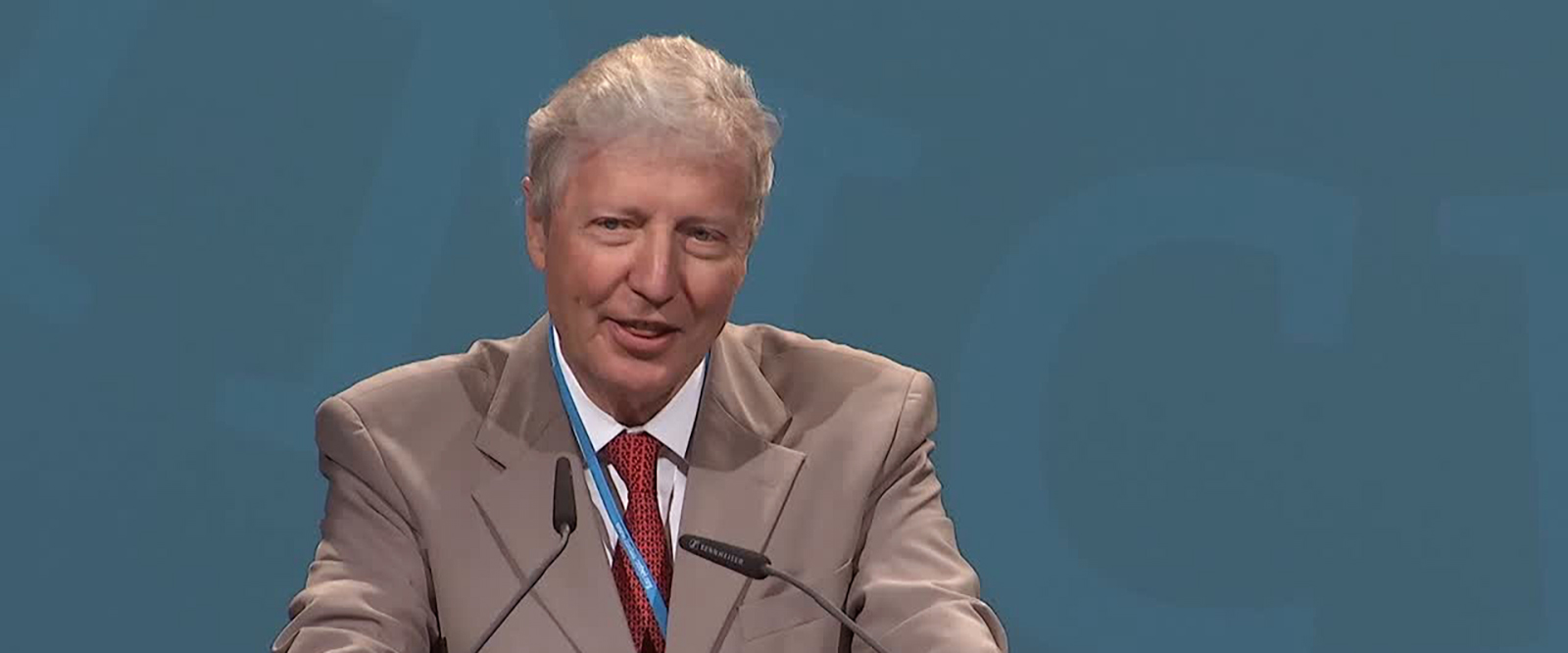
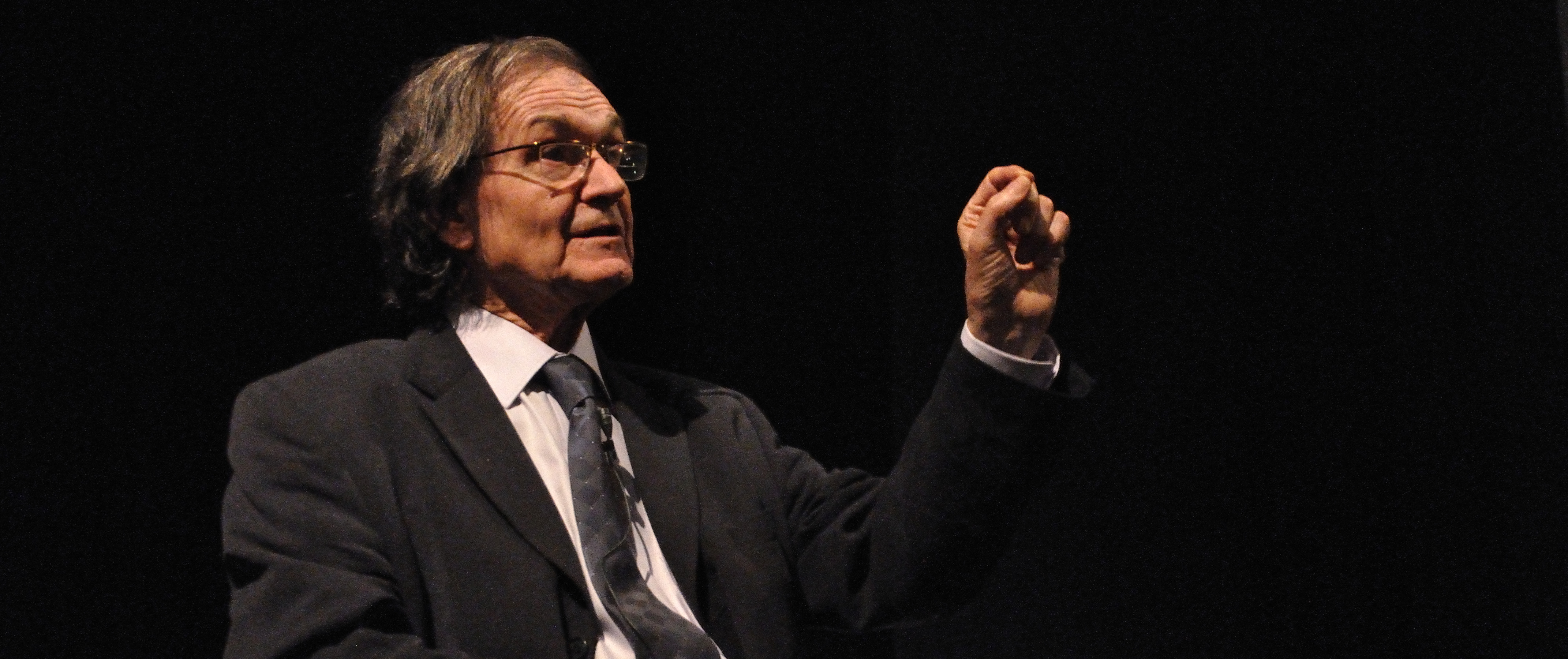
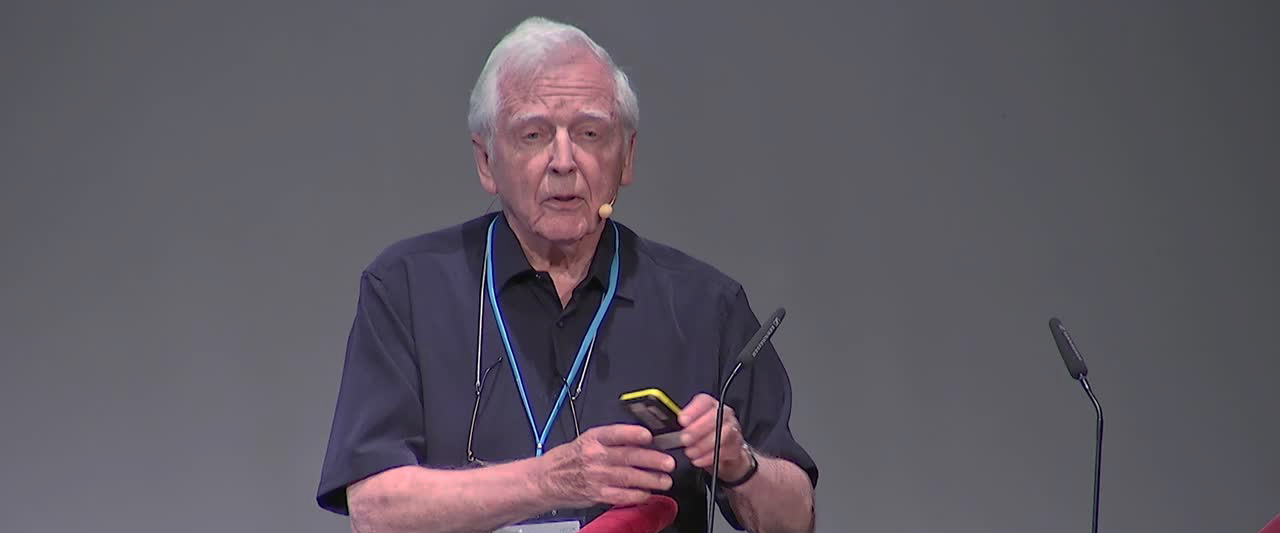
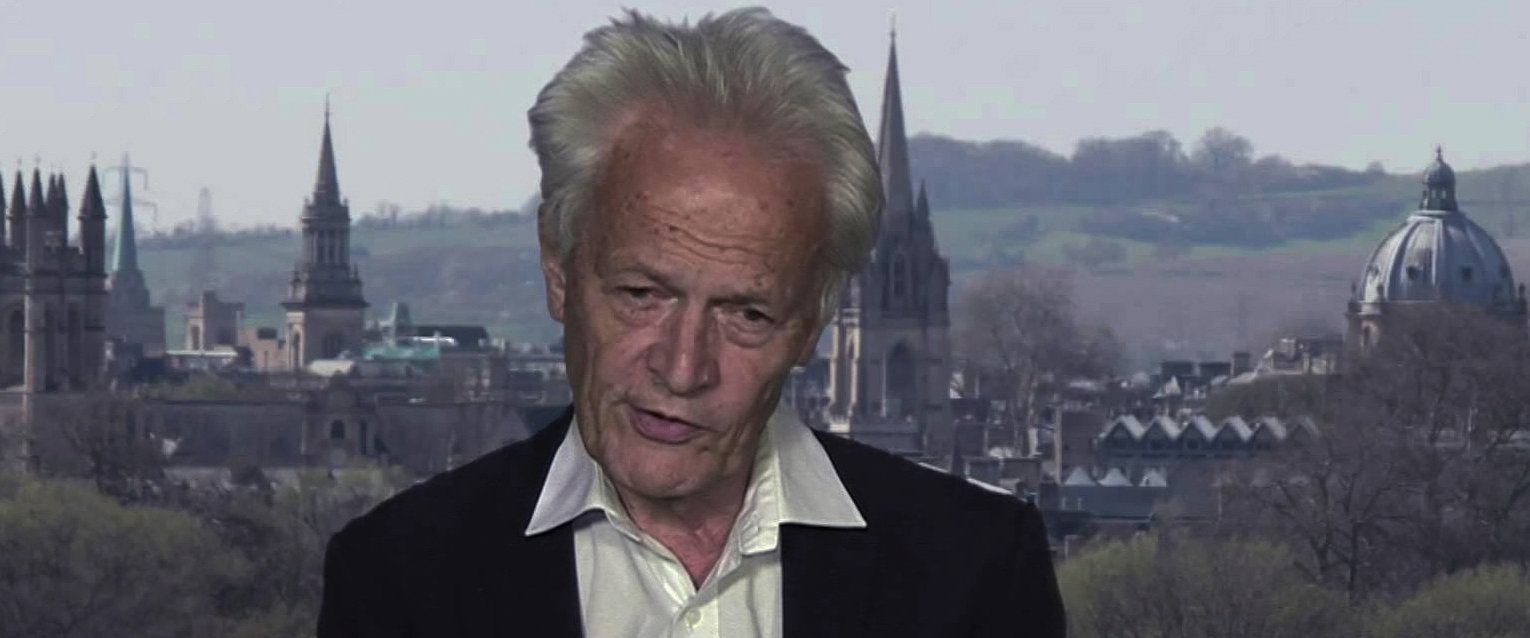
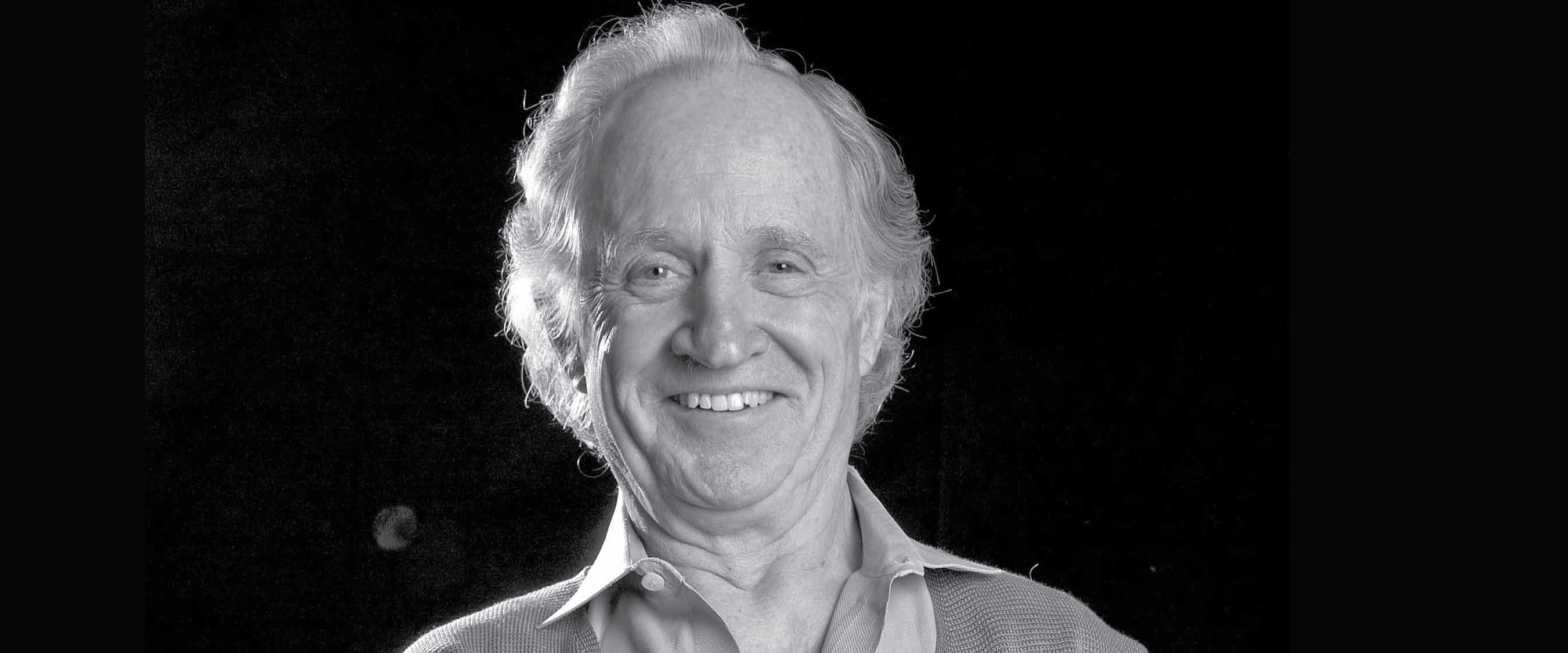
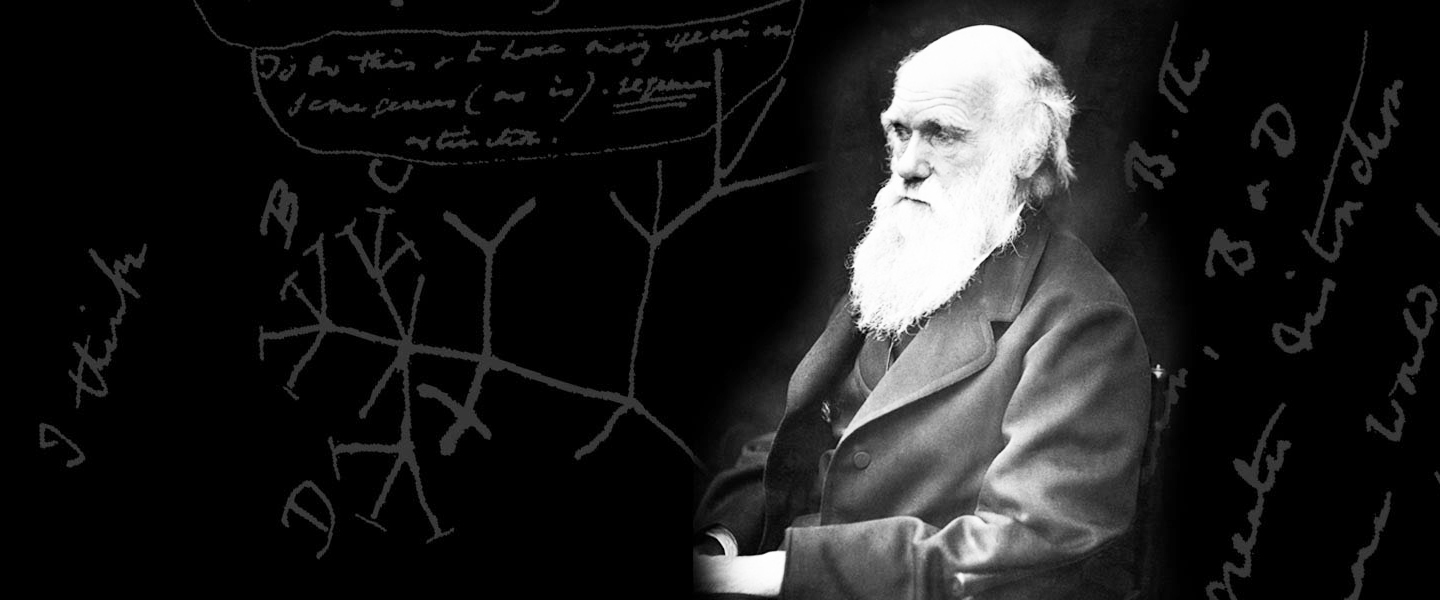



















 Articles
Articles